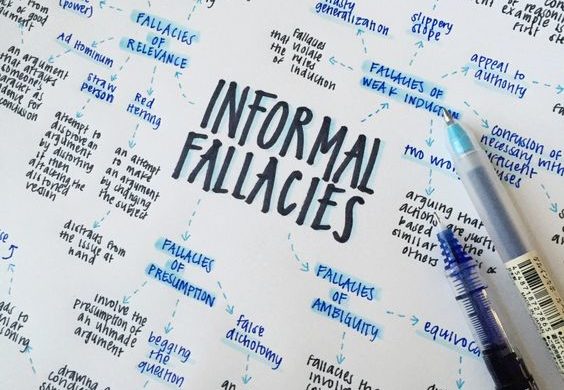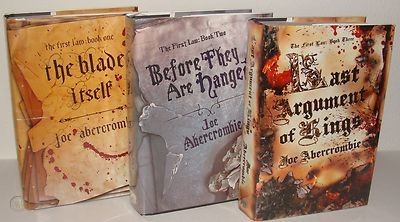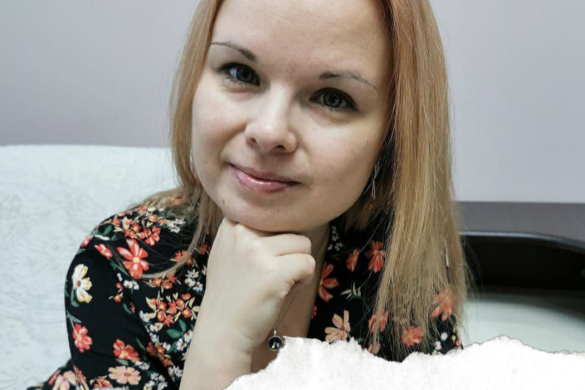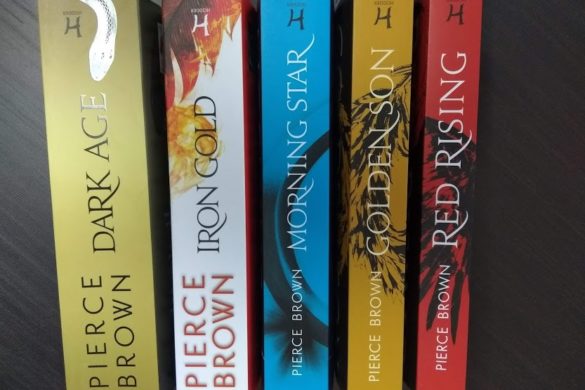The choice of book was pure chance. I’ve never read any novels by Stephen King and I’ve never taken any interest in the horror genre. What I was looking for, though, were first-hand accounts of the creative writing process, and Stephen King’s book happened to be among a few with outstanding reviews. I’m glad to have stumbled upon it. It was a captivating read that has given a behind-the-scenes view of the life and work of a successful writer. The best thing about the book for me is that it has answered some of my burning questions about writing and has given me food for thought. This article is a collection of ideas that have struck a chord with me.
In a rather down-to-earth way, Stephen King begins with a definition of writing. I’d have expected a complex sentence with no less than twenty words to pinpoint what exactly this process is. He gives but one word – telepathy. How is writing telepathy, I ask myself. But then the meaning sinks in. It’s the transmission of my thoughts to you, that, amazingly, transcends space and time.
One of my issues with writing is self-doubt and anxiety. The process is not exactly painful, but it lacks flow. It may take a minute to come up with a sentence, the inner voice keeps telling me “it’s not good enough, it’s stupid”. I long for that moment in the future when I can just open a blank page and effortlessly express everything that’s on my mind. There’s something Stephen King said that made me rethink my wish. “You must not come lightly to the blank page”, where “lightly” means without emotion, without purpose, without taking it seriously. These words seem to tell me that it’s okay to suffer a bit, as long as writing is something meaningful to me.
Mr King has answered one more of my tormenting questions, that of lack of vocabulary. It’s a great pleasure to find the exact words to convey an idea, but more often than not I have to be satisfied with just shadows of the words I would’ve liked to come up with had I a richer vocabulary. The answer is to be framed and put on the wall: “It ain’t how much you’ve got, honey, it’s how you use it”.
Sometimes stating the obvious is the best thing to do. When I get asked how to improve speaking skills in English, the first thing I say is “speak a lot”. So when reading King’s advice on becoming a writer I can’t help but admire its simplicity: “read a lot and write a lot”.
Mr King describes writing skills as a toolbox, where the lower layer is vocabulary and grammar, the middle is elements of style and on top is the magic of story narration. He talks about organising your day, setting daily goals and strict writing discipline. There are chapters dedicated to writing descriptions, dialogue, doing research and editing, but the most interesting part of the book for me was about plot. I’ve always thought that before getting started on a novel, authors already have a plot in mind. It’s not set in stone and may change during the creative process but it’s a must. Prior to reading On Writing I’d heard a couple of writers mentioning not having any idea as to how their story would develop even after having written half the book. Can it be a rule and not an exception?
Stephen King believes that stories make themselves, that spontaneity brings them closer to real life. He starts writing when he imagines a certain situation wherein he places his characters and then observes how they are going to deal with it. He doesn’t know how it’s going to end, but allows his characters to find their own way to the finale. If I hadn’t heard other writers say the same thing, I’d have thought he was bluffing. But the words of Ann Cleeves spring to mind about writing the same way a reader reads, that is, not knowing what will happen after a chapter ends.
I feel I’m more relaxed now about the fact that I rarely know what I’ll be writing about when I open a new page. Ideas should be allowed to ebb and flow while writing one word at a time. It is also fine not to have an outline at the start of writing, but to note down bits and pieces of ideas that can be organized during the second draft.
I might not be a horror stories fan, but I’m a fan of Stephen King now. The book is a delight from the first page until the end. It’s filled with tales of writing success and failure, with advice and ideas, but most importantly, it is a sincere story of what it takes to be a writer.
- Неожиданное значение Present Perfect! - 17.01.2023
- moxie/pizazz/shenanigans – Oliver speaks (Only Murders in the building) - 17.01.2023
- In Passing/Pass/Pass by - 08.01.2023










